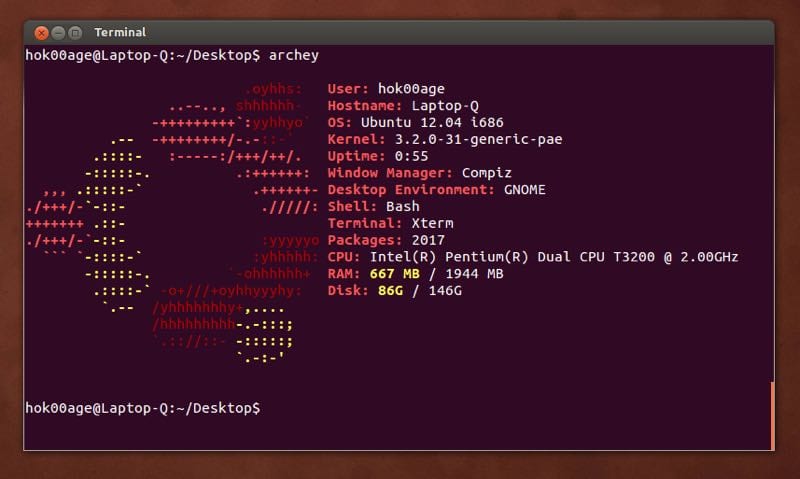When Windows 10 was released, many voices turned against the tech giant Microsoft for collecting data about users. Now it seems that the Canonical also wanting to follow the same path, as recently, it has announced that the next version of Ubuntu will start collecting data from users and the platforms where it will run.
OMG! Canonical Wants Ubuntu To Collect Your Personal Data
When Windows 10 was released, many voices turned against the tech giant Microsoft for collecting data about users.
However, now it seems that the Canonical also wanting to follow the same path, as recently, it has announced that the next version of Ubuntu will start collecting data from users and the platforms where it will run.
This might at first seem an unwise idea, given the experience on this subject. Users do not like to see their data collected, even more for the benefit of business.
The data collection that Ubuntu will perform
The announcement was made by Will Cooke, Director of Ubuntu Desktop at Canonical, and this new mechanism for data collection is expected to arrive in version 18.04 LTS (Bionic Beaver).
“We want to be able to focus our engineering efforts on the things that are most important to our users, and to do this we need to get more data about the type of settings our users have and the software they are running”.
Canonical will make this participation optional, with the availability of a selection box that will be selected by default.
What data will Ubuntu collect?
- Which version of Ubuntu is being installed
- If you have connectivity
- Hardware data including CPU, RAM, GPU, etc.
- The PC manufacturer
- Your country
- How long did it take to install
- If you have active auto login
- The disk partitions
- If you decided to install third-party codecs
- If you have decided to download updates during installation
Canonical also revealed that the information collected will be completely anonymised and that it will be possible for users to stop providing their data at any time by simply changing a setting in Ubuntu.
The privacy of data collection
To ensure maximum privacy and user data protection, all information will be transmitted to Canonical servers securely over HTTPS.
From what can be read in the email that Will Cooke shared, all the information collected will be processed and then made public, so that the users themselves can make their evaluation.
Canonical’s decision is risky and in the past, it has earned the tech giant Microsoft numerous hardships and even court cases. The difference here is Canonical’s ability for users to participate or not and how they use the data.
So, what do you think about this? Simply share all your views and thoughts in the comment section below.
